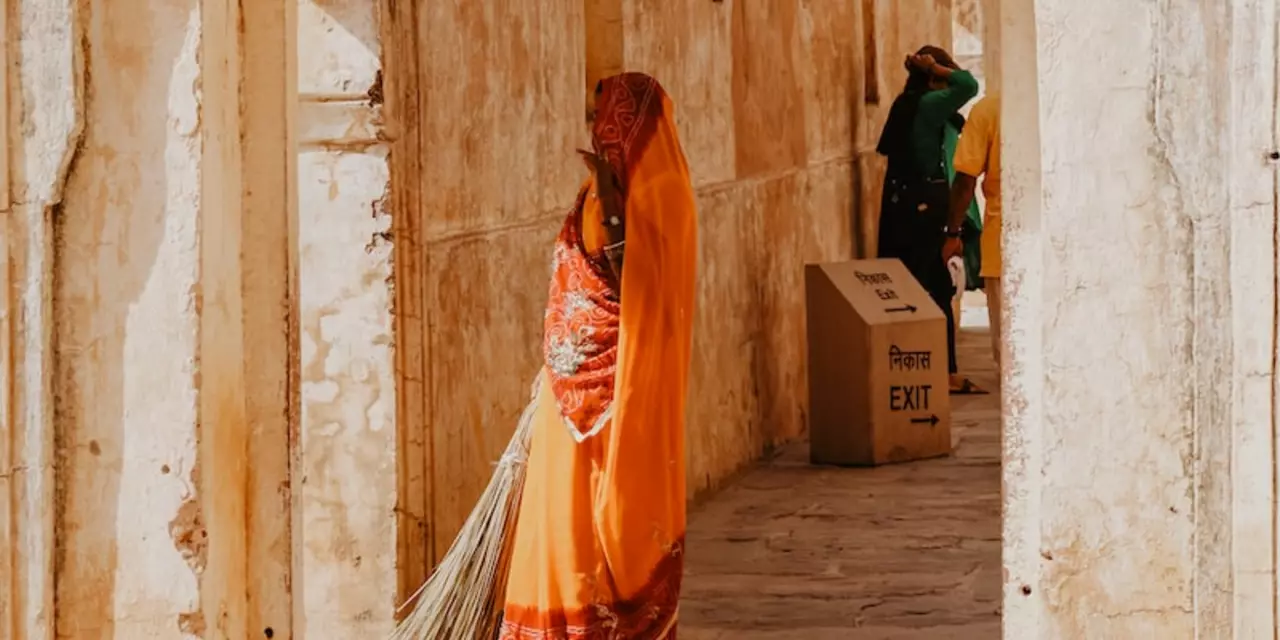Lack of Safety and Security
Restrictions on Women's Rights
Living in India, women face a number of restrictions on their rights and freedoms. From a lack of basic rights to restrictions on their mobility, women in India have to constantly confront gender-based discrimination and biases. Here are five things that women in India hate about the restrictions they face:1. Lack of Access to Education: Education is a fundamental right, yet women in India are often denied access to it. Women are often not allowed to attend school or university, and if they are, they may face gender discrimination in the classroom. This not only limits their access to education, but also to job opportunities.
2. Restrictions on Mobility: Women in India face restrictions on their mobility due to cultural norms that dictate that they should stay at home. This limits their ability to go out and explore the world, or to take part in activities that may be beneficial to their personal growth.
3. Limited Access to Healthcare: Women in India often have limited access to healthcare, as many healthcare facilities are not available in remote areas. This means that women have to travel long distances to seek out healthcare, and often cannot afford to do so.
4. Gender-Based Violence: Women in India are often subjected to gender-based violence, such as rape and domestic abuse. This is a major problem that is often overlooked by the authorities, leaving women feeling helpless and vulnerable.
5. Lack of Representation: Women in India are often underrepresented in politics, business, and other areas of society. This is because of the patriarchal nature of Indian society, which means that women are often not given the same opportunities as men.
These are just some of the things that women in India hate about the restrictions they face. It is important to remember that these restrictions are a direct result of the patriarchal society that women in India are forced to live in, and that it is up to us to fight for the rights of women in India.
Gender Inequality
Limited Economic Opportunities
Life in India can be difficult for women, particularly when it comes to economic opportunities. Women in India often face significant barriers to accessing and maintaining financial independence, with many women not having access to the same job opportunities, wages, or resources as men.The gender pay gap in India is one of the largest in the world, with women earning on average 30% less than men. Women are also often restricted from certain types of jobs because of cultural norms, with certain professions like engineering or software development seen as traditionally male occupations.
Additionally, women in India often lack access to the same kind of financial resources as men. Banks often require that a woman have a male guarantor or co-signer in order to open an account or take out a loan, and women are often excluded from owning property, which can limit their ability to build wealth.
These limited economic opportunities can make it difficult for women to achieve financial independence and security, and can have a long-lasting impact on their lives. Women in India often face an uphill battle when it comes to economic opportunities, and it is an issue that must be addressed in order to ensure that all women have the same access to resources and opportunities.



